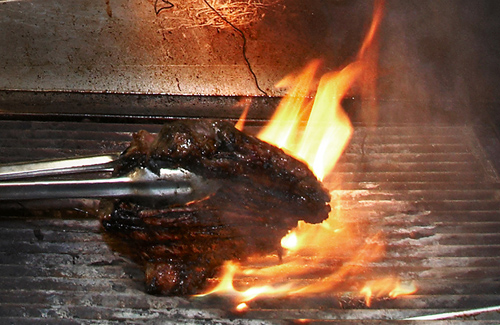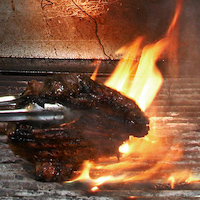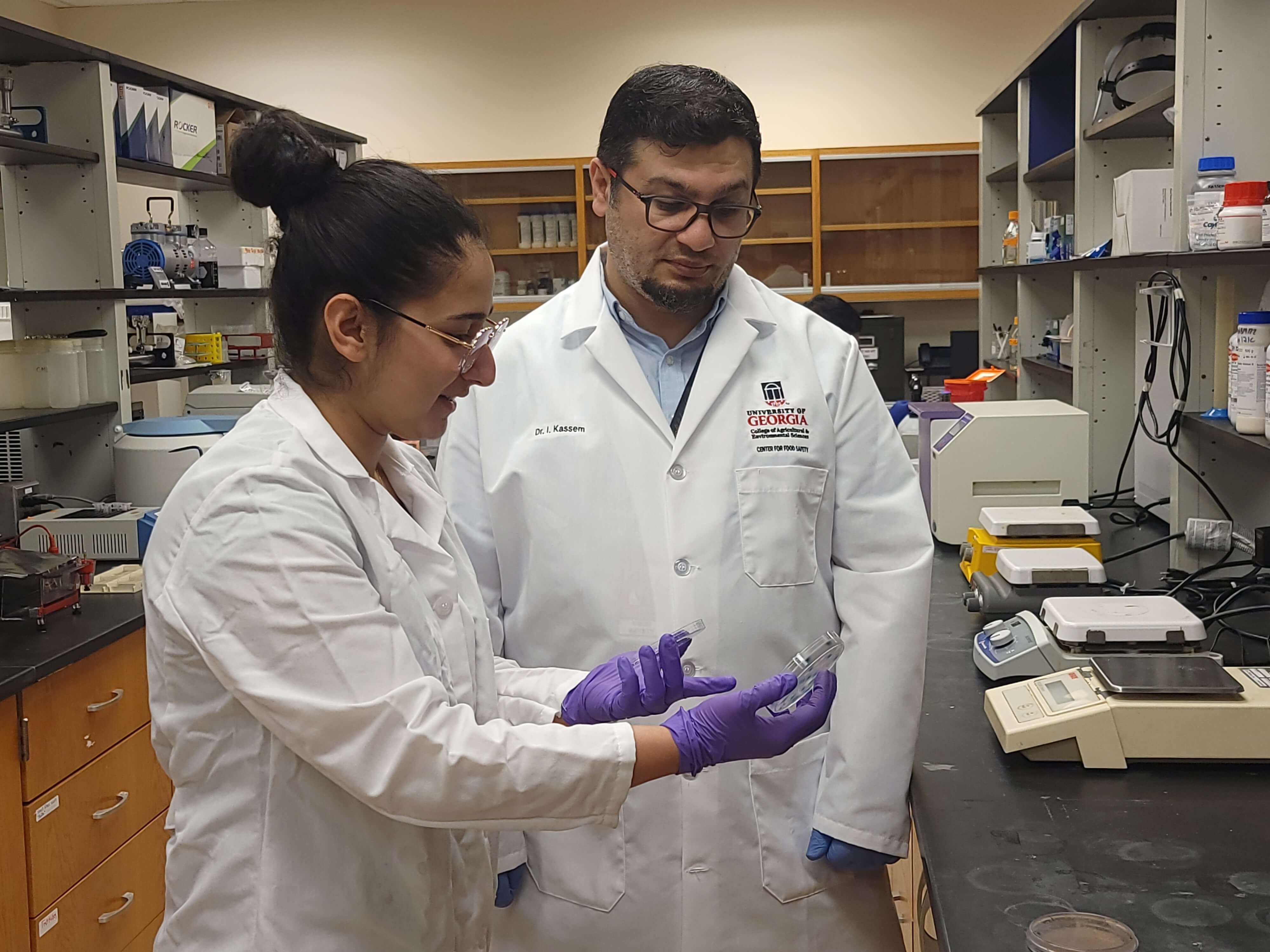Mike Doyle likes his steaks cooked medium well. But when it comes to ground beef, he always cooks hamburgers to an internal temperature of 160 degrees F.
As director of the University of Georgia Center for Food Safety in Griffin, Ga., Doyle knows eating undercooked ground beef can lead to some very unpleasant results.
“Ground beef can be brown, and still not be cooked to 160 degrees. If you don’t use a meat thermometer, get one and use it. Trust me, you don’t want to get in a tussle with E. coli,” Doyle said.
Close working relationships
An internationally known expert on foodborne pathogens like E. coli 0157:H7, Doyle is often called to assist the Centers for Disease Control and Prevention, the U.S. Department of Agriculture and the Food and Drug Administration with outbreaks of foodborne illness in the U.S.
Food companies in Georgia and across the nation also work with UGA faculty at the center to improve the safety of their products. Some 48 million cases of foodborne illness are reported in the U.S. each year.
Doyle was recruited by UGA in 1991 to develop the UGA center where researchers develop new and better ways to detect and control harmful microbes in food.
“The CDC’s expertise is finding pathogens in humans, and we have a lot of expertise in detecting and controlling pathogens in foods,” he said.
Children and the elderly at risk
Children, the elderly and those with compromised immune systems are more susceptible to foodborne illness.
“As we age our immunity declines, and we can’t ward off infections like those in the prime of their lives,” Doyle said.
“If there’s one pathogen we should be more cautious about it’s E. coli. It can be found in ground beef, and it can cause very serious illness in children,” said Doyle. “Children ingesting just 100 cells of E. coli O157:H7 can contract hemolytic-uremic syndrome (HUS).”
A small number of patients develop HUS, which can affect kidney function, leading to kidney failure and even death.
“The good news is the beef industry has made great strides to reduce the amount of E. coli in raw ground beef. It’s safer now than it’s ever been, but E. coli has not been eliminated,” he said.
During summer months and into the fall football season, outdoor grill tops are covered with hamburgers as families hold summer parties and fall tailgate events.
Change or wash the plate
Many problems linked to outdoor grilling are tracked back to cross contamination.
“You bring the hamburgers out to grill, and then you put the cooked ones on the same plate where the red juices from the raw meat were. This results in contamination,” he said.
Doyle says backyard chefs should either use a fresh, clean plate for the cooked burgers or thoroughly wash the first plate before reusing it. Also, thoroughly wash hands before and after handling raw meats and poultry.
“You don’t have to ingest very many E. coli to become ill after handling raw meat like hamburger,” he said. “You’ll notice that waitresses don’t ask you how you want your burger cooked. In many states, they don’t give you options on cooked ground beef. It’s going to be well done or better.”









